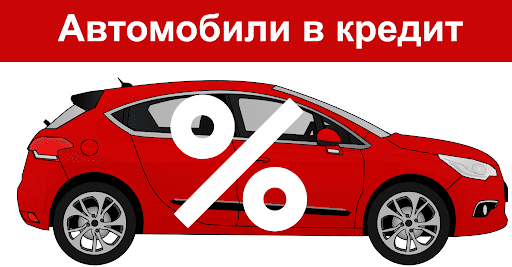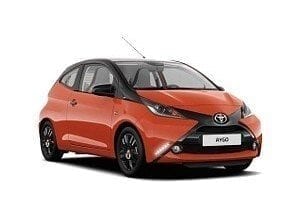
Overview of car loan options

The various car financing options are detailed below.
Personal loan
A personal loan allows you to borrow a lump sum and make regular, fixed payments to pay it off. As a general rule, you can spread the payments over a period of one to seven years. The longer the term, the smaller the amount of regular payments that you make.
With a personal loan, you generally can't get back what you paid back (even if you paid more than the required minimum) and, unlike a line of credit or a credit card, you can't use the loan for other purchases.
Most personal loans have a minimum value that can range from $1,000 to $10,000 to $25,000 depending on the lender. Also check the maximum - some loans are unlimited and some are limited to $ XNUMX XNUMX.
Personal loans can be secured or unsecured when a commodity is used as collateral for the loan amount. If your loan is secured, this can lower your interest rate and affect your maximum loan amount. Personal loans secured specifically by a car are called car loans.
Car loans
Auto loans are similar to personal loans, but the car you buy is collateral for the loan (some lenders may call it a secured personal loan). Having your car as collateral means that if you default on your loan, your car could be seized. Compared to an unsecured loan, this means that interest rates can be lower.
For a vehicle to be eligible for safety, it generally must meet certain criteria. For example:
• New - Vehicles may be brand new and only purchased from the dealer. New car loans usually have lower interest rates.
• Used - may be limited to vehicles less than seven years old for some lenders, and for many used vehicles, a minimum loan amount may matter.
•Minimums – Minimum secured loan amounts (loan amount, not car purchase price) can range from $4,000 to $10,000 for auto loans.
If your situation may not qualify, check with the lender you are considering before applying.
Credit card
You can use a credit card to buy a car, and some lenders may even recommend it if you want to borrow below their minimum loan amount, especially if they have a low-interest credit card in their product mix.
Buying a car with a credit card might not be as bad as it sounds. Learn more about the pros and cons of buying a car with a credit card.
Rent a cars
Renting a car is a bit like renting a car for a specific period, with the option to buy it at the end of the lease for a residual income, that is, a cost or percentage usually agreed upon in advance.
Renting a car can be useful for:
• Consumers whose employer offers a car wage package through Novated Lease.
• Businesses that do not want to tie up capital holding a depreciating asset.
Learn more about leasing in Considering Car Leasing.
Installment purchase
An installment purchase, sometimes referred to as a commercial rental purchase, is a financing option where the financier buys the car and you lease it from them for an agreed period. As with a lease, you can include a large payment at the end of the agreement, but this is not required.
Installment purchase is intended for companies or individuals who use the car for commercial purposes.
Mortgage of movable property
Mortgage on movable property is a vehicle financing option suitable for businesses where the purchased vehicle (movable property) is used for business more than 50% of the time.
The company immediately becomes the owner of the car, without investing in the purchase, but can still claim tax benefits on the vehicle. You have the option to turn on a payment at the end of the term to reduce payments, but this is not required.

